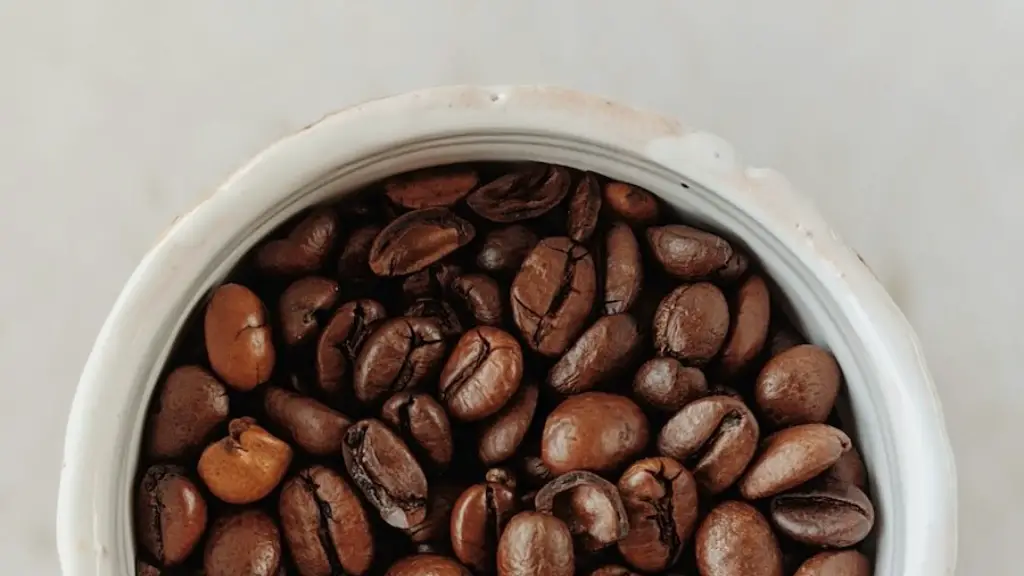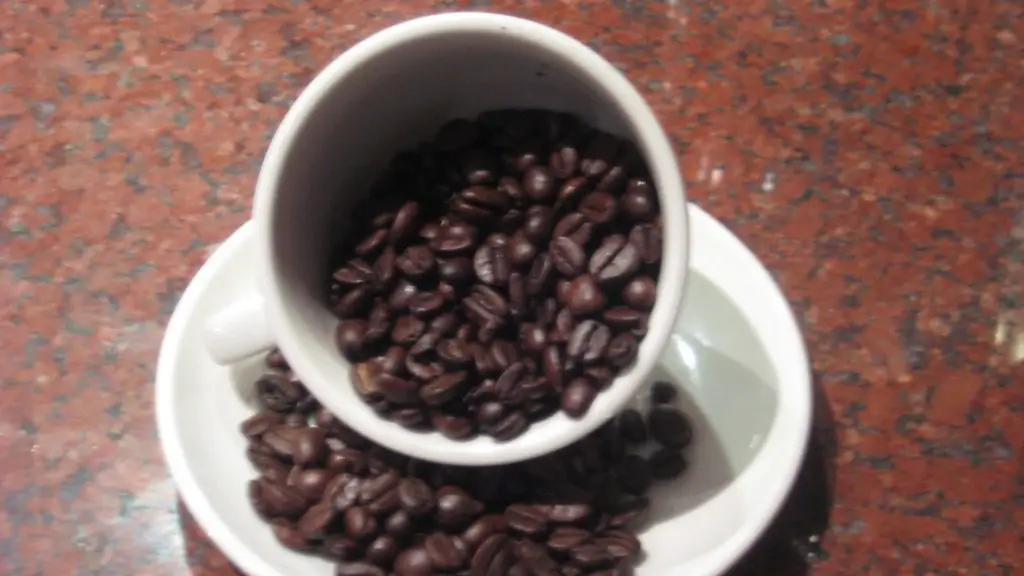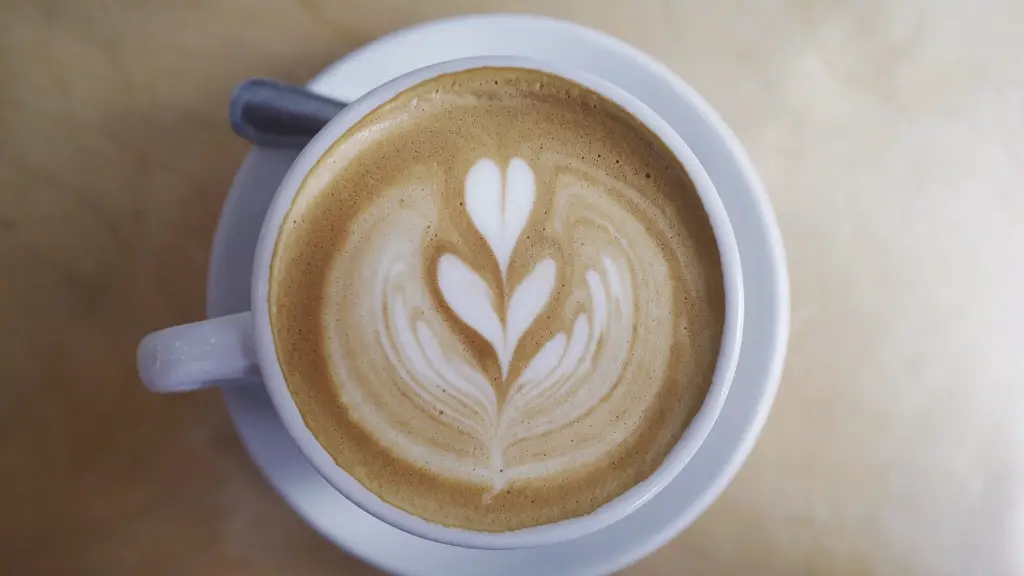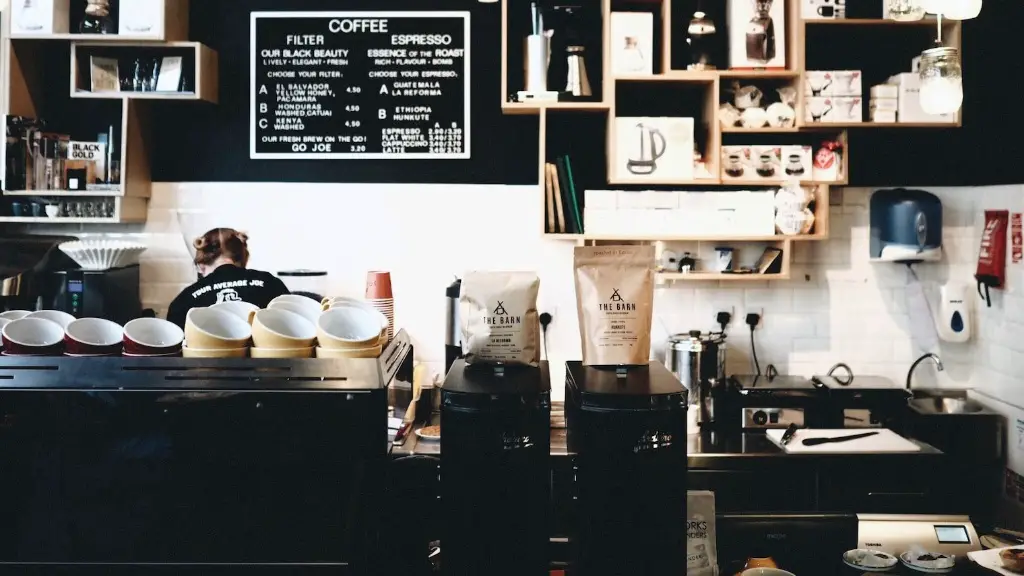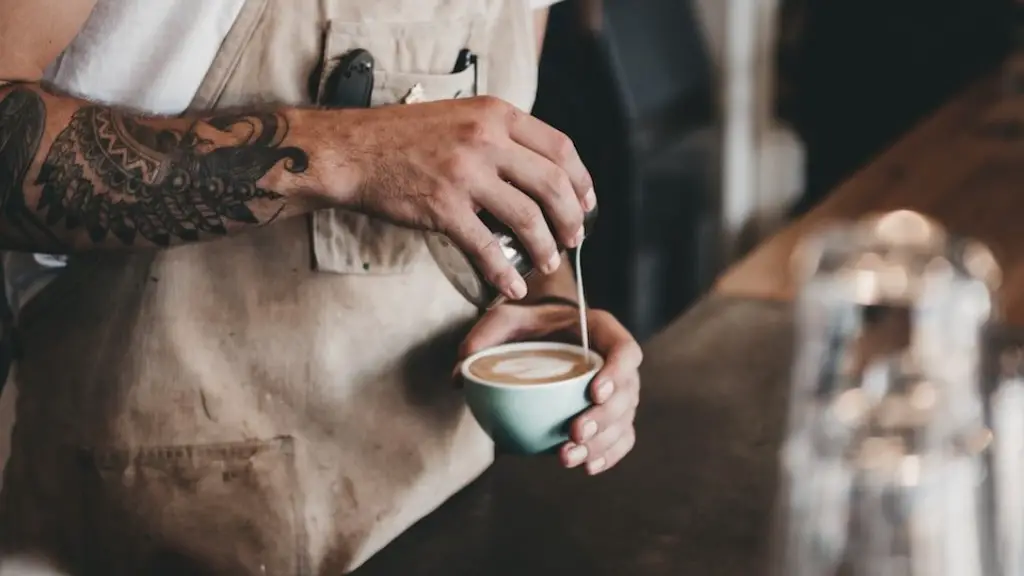Have you ever wondered if it is advisable to drink coffee after taking medicine? This is a question that has been asked numerous times by many people as it is unclear whether drinking coffee after taking medication affects the efficacy of the latter or not. Studies suggest that consuming caffeinated products shortly after taking medication may alter its absorption rate, leading to unpredictable results and potentially hazardous consequences.
However, research into the matter is still inconclusive, and many experts agree that the answer is that drinking coffee after taking medication depends on the type of medication that was taken, the compounds found in the coffee, the quantity of caffeine consumed, and the time that has passed since taking the medicine.
No matter what the studies are saying, it is always advisable to take the guidance of your healthcare provider first before deciding to drink coffee after taking medication. A healthcare professional can provide you with reliable insights as they have the requisite knowledge and experience to properly assess how caffeinated products can influence the results of taking medication.
Caffeine is known to interact with certain medications, as it is a diuretic, has a stimulant effect, and can reduce the absorption of certain compounds in medication. For instance, caffeine may cause Diuretic medications to work less effectively, adversely interact with iron supplements, increase the blood pressure-lowering effect of beta blockers, and reduce the effectiveness of antidepressant drugs. Therefore, drinking coffee after taking a variety of medications may actually increase their side effects rather than benefiting the individual.
Additionally, drinking coffee too soon after taking medication may also affect its absorption rate. As many medications are taken with food, it is usually recommended to wait at least an hour after having a meal to drink any kind of caffeine. Otherwise, the caffeine can interfere with the absorption rate and potency of the medication due to its stimulating effect.
Therefore, it can be concluded that drinking coffee after taking medicine should be done only in accordance with the specific instructions of a healthcare professional, as the effects of consuming caffeinated products in combination with medication varies from individual to individual.
Interaction with Pain Medications
Pain medications such as opioids and ibuprofen may interact with caffeine, potentially resulting in adverse effects. Pain medications work by reducing the sensation of pain in the body, and depending on the particular drug utilized, this can be done either by blocking the receptors or even increasing the effects of endorphins. Therefore, an individual taking such medication should avoid drinking coffee at least four to six hours before or after taking the medication.
Caffeine, which is a stimulant, has the potential to interact with pain medications and render the effect of the latter inadequate. It is recommended to wait a few hours before having a cup of coffee after taking pain medications to ensure that the effects of the drug are not affected.
It is essential to bear in mind that the potency of pain medications is often reduced by drinking coffee before or after taking the drugs, and this can lead to increased pain and suffering. As such, medical practitioners usually advise patients to avoid drinking coffee for a few hours after taking their prescribed pain medications.
Interaction with Antibiotics
Drinking coffee after taking antibiotics is an equally contentious issue, as certain types of antibiotics are known to interact with coffee, increasing the risk of side effects. Antibiotics are prescribed to people to kill or stop the growth of bacteria, and their efficacy is drastically reduced when consumed in combination with coffee.
Most antibiotics need to be taken on an empty stomach, and medical experts advise individuals to avoid drinking coffee one hour before and two hours after taking their prescribed antibiotics. It is because caffeine can interfere with the absorption of most antibiotics, making them largely ineffective. Furthermore, it may also reduce their potency and increase the risk of side effects such as nausea, vomiting, and dizziness.
Therefore, it is advisable to follow the instructions of a healthcare professional when it comes to drinking coffee after taking certain types of antibiotics. It is also important to remember that antibiotics are powerful drugs, and should not be consumed casually or when not prescribed by a doctor.
Interaction with Vitamins and Supplements
Some people may be tempted to drink coffee after taking dietary supplements, such as vitamins and minerals. While this may not seem like an issue, it is important to note that caffeine may reduce the absorption of certain compounds. For instance, caffeine can reduce the absorption of iron by up to 40%, leading to a deficiency in the mineral.
It is usually recommended to wait at least two hours after taking a vitamin or mineral supplement before drinking any kind of caffeinated product due to the potential interactions and their consequential effects. The same applies to herbal remedies and other supplements that may be taken for their purported health and wellness benefits.
Research has shown that drinking coffee and caffeinated beverages too soon after taking dietary supplements may affect the efficacy of the supplements, thus reducing the benefits that the individual may be hoping to gain from taking such products. As such, it is always best to wait a few hours before consuming caffeine after taking dietary supplements or herbal remedies.
Interaction with Stimulant Medications
Certain individuals may be prescribed stimulant medications for mental health issues, such as Attention Deficit Hyperactivity Disorder (ADHD). While the efficacy of stimulants varies widely, most are designed to stimulate the central nervous system (CNS) and can potentiate the effect of additional stimulants. As such, drinking coffee after taking stimulant medications can potentially increase the risk of side effects such as insomnia, heart palpitations, and even seizures.
It is usually recommended to wait at least two to four hours before consuming any kind of caffeinated beverage or other stimulants, such as energy drinks, after taking stimulant medications. This may reduce the risk of side effects and ensure that the individual can enjoy their cup of coffee without worrying about adverse interactions.
Additionally, it is also important to bear in mind that certain individuals are more sensitive to caffeine than others, and as such, dosage should be adjusted accordingly. Individuals should also avoid drinking coffee too late in the day, as this may increase the risk of insomnia and other sleep-related issues.
Interaction with Other Types of Medication
It is important to be cautious about drinking coffee after taking certain types of medications, as certain drugs may be affected by caffeine. For instance, caffeine may reduce the effects of some blood pressure-lowering medications and increase the risk of side effects. It is thus essential to always seek the advice of a healthcare professional before drinking coffee after taking any medication, as the interaction between the two can vary widely from one individual to another.
Furthermore, it is always advisable to note down any prescription medication that is being taken and to inform the server at a restaurant or cafe when ordering coffee. This can greatly reduce the risk of side effects due to an interaction between the coffee and the medication.
Finally, it is also important to remember that caffeine is a stimulant, and it is best to avoid drinking coffee when feeling fatigued or exhausted, as this can further exacerbate the problem. It is also advised to avoid drinking coffee late in the day in order to ensure that the individual can sleep peacefully.
